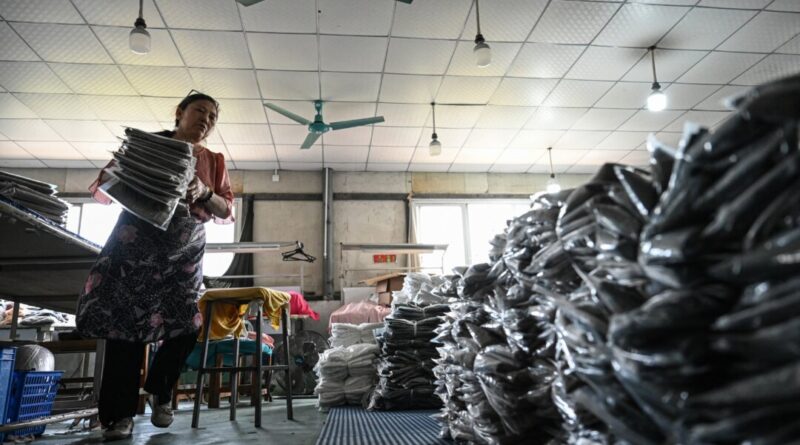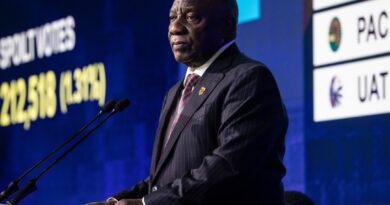Trump Finds Inadvertent Allies in His Trade War With China
Chinese exporters, having lost the U.S. market and facing difficulties in Europe, are looking to the developing world for sales—but there are challenges.
Commentary
Chinese exporters have lost a proverbial gold mine in the United States.
Since 2018, Washington’s tariffs and other trade restrictions have increasingly blocked imports of Chinese products. Meanwhile, independent of Washington’s agenda, American buyers, after difficult experiences with China during COVID-19 and its aftermath, have decided to diversify their sourcing away from China.
Now, with the latest round of tariffs from the Trump administration, it looks as though these exporters have all but lost the American market. They have accordingly scoured the world for alternative buyers only to discover how difficult and expensive it will be for them to find substitutes.
Over the last decade or so, the distance between the United States and China has grown apace. It began even before President Donald Trump’s first term in the White House. By 2014 and 2015, complaints by American businesspeople had grown loud about how Beijing subsidizes domestic Chinese producers and imposes onerous demands on foreign producers doing business in China.
Because Europe has also shown hostility to China trade, imposing tariffs on Chinese-made EVs and parts, Chinese producers have turned their search for substitutes to Southeast Asia and the Middle East. So far, it has not gone as well as these producers would like.
Whereas the Americans would get credit only after the first order was completed and they had cooperated with the seller for six months, buyers in Asia and the Middle East now commonly receive 90-day payment terms and sometimes do not need to pay for up to 120 days after the shipments arrive. Making matters still more difficult for Chinese sellers is the relative lack of contract enforcement in Southeast Asia and the Middle East, compared to the United States. With few ways to pressure their new buyers, Chinese sellers have suffered great payment delays and sometimes outright theft.
It almost seems as though the third world has allied itself with Trump against Beijing. Behavior in Southeast Asia and the Middle East seems geared, if unintentionally, to get Chinese businesspeople to pressure Beijing to make some accommodation with the White House and allow a return to the American market. Of course, Beijing cannot do that. It would, for one, signal weakness, something Chinese leader Xi Jinping could not abide for both domestic and diplomatic reasons.
What is more, a coordinated reduction in tariffs between the United States and China would entail a loss of control over China’s economy that neither Xi nor the Chinese Communist Party could accept. So it looks as though this matter will carry on as recently—to the extreme discomfort of Chinese producers.
Views expressed in this article are opinions of the author and do not necessarily reflect the views of The Epoch Times.





